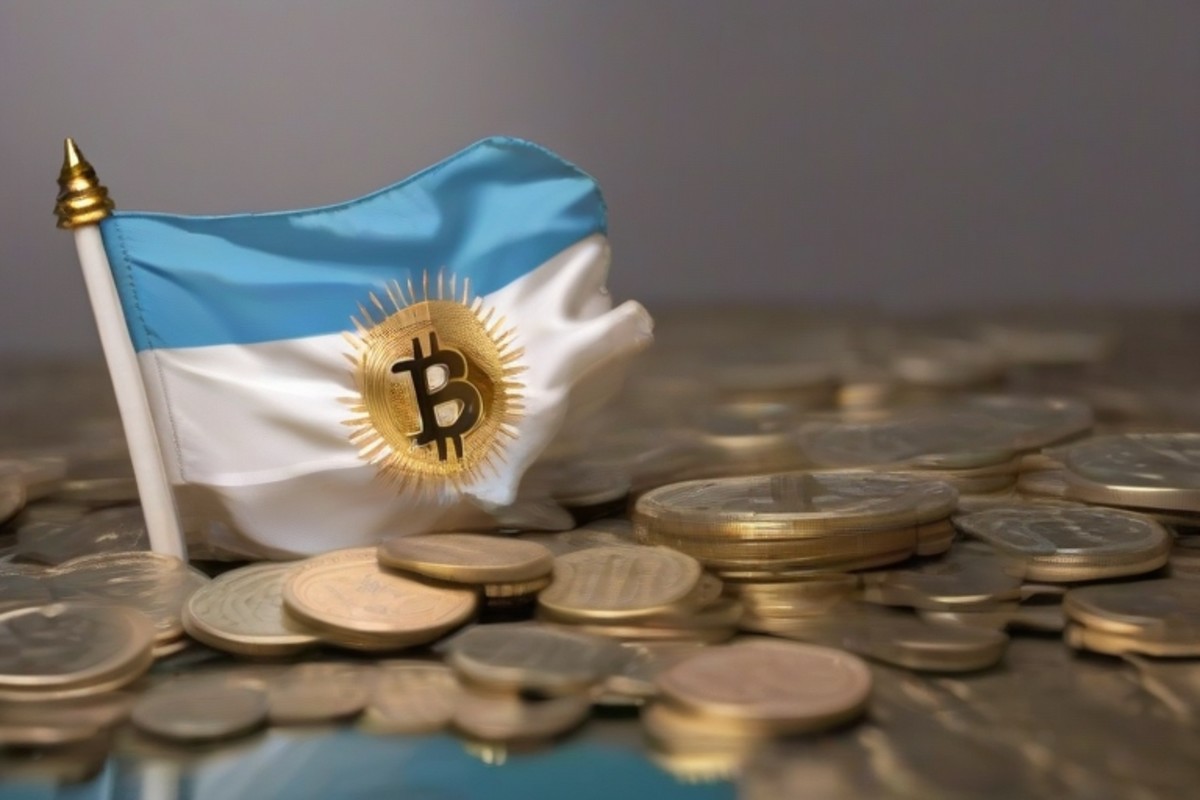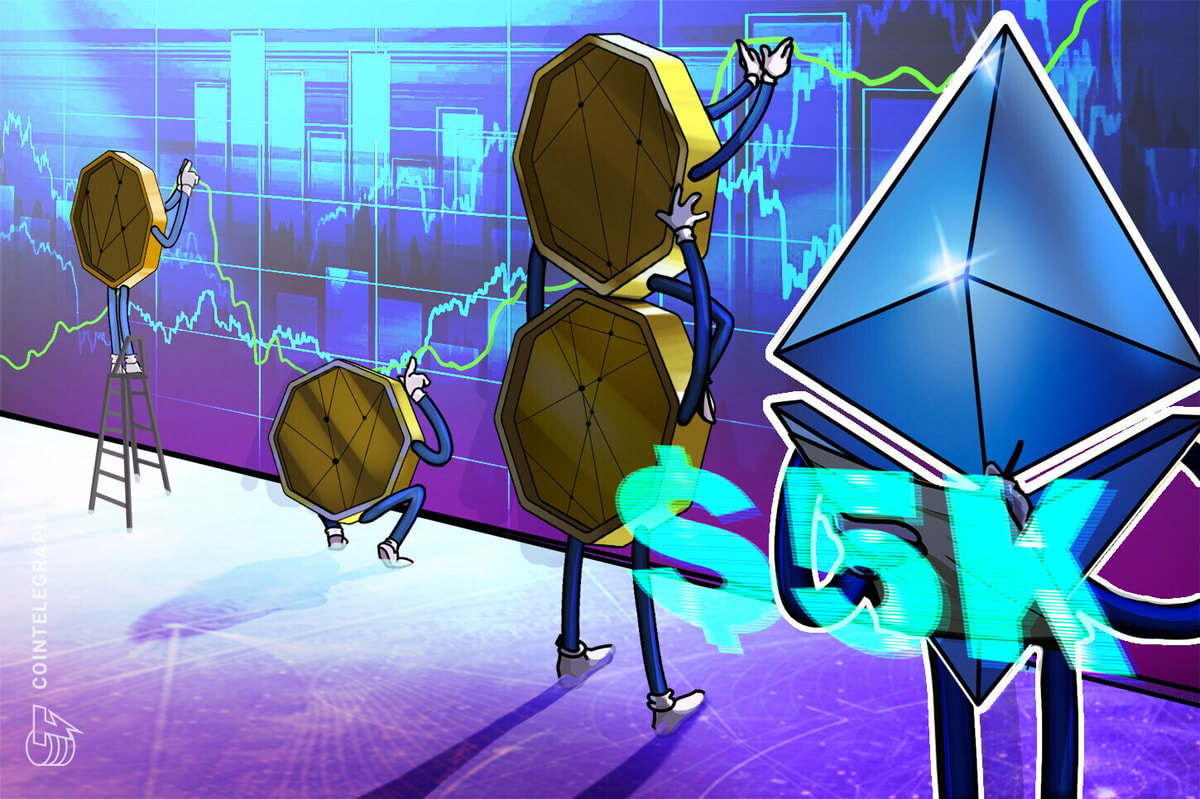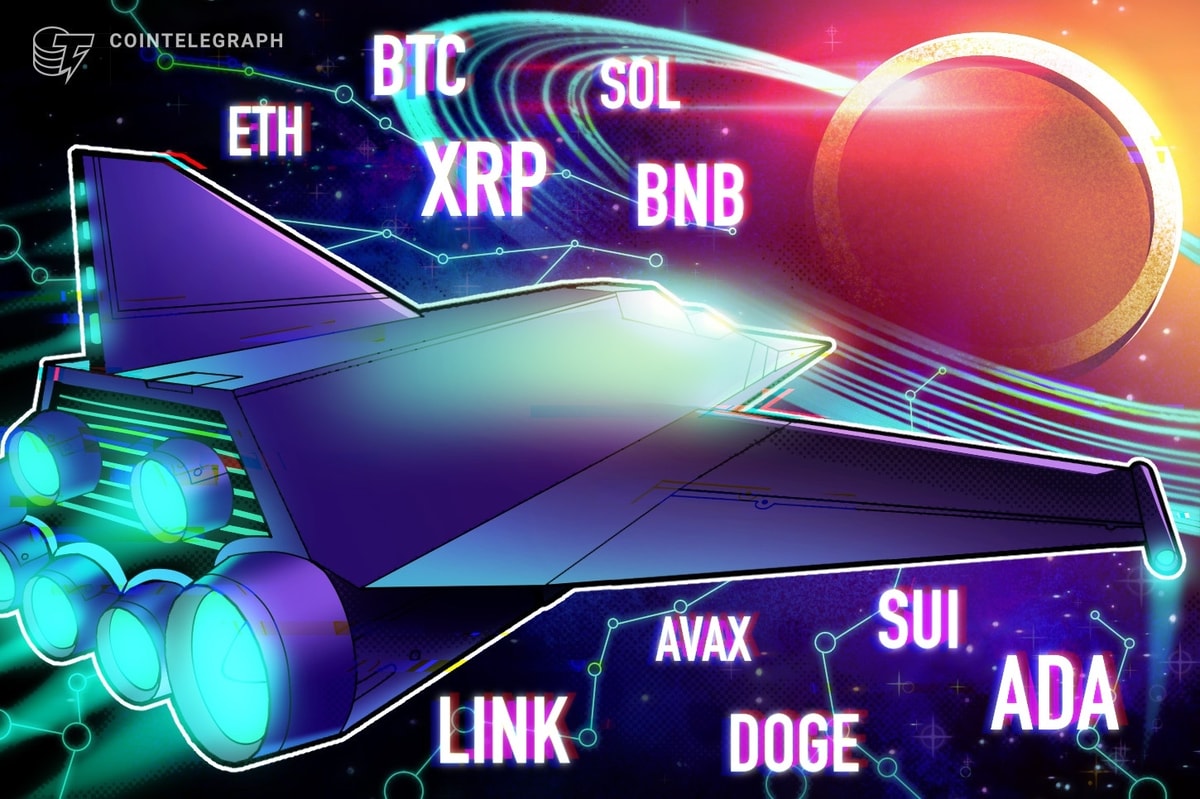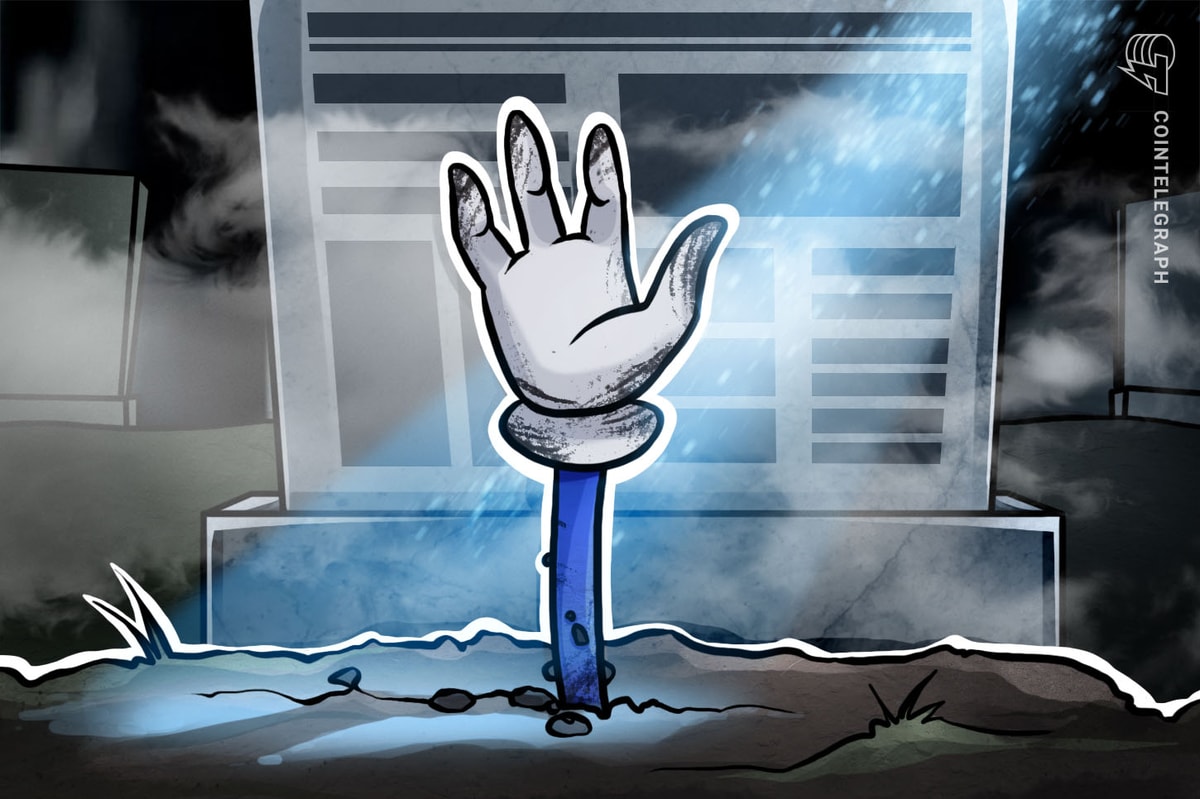Ethereum’s forthcoming upgrade, “Cancun-Deneb” (also known as “Dencun”), will begin testing on Jan. 17, according to a note published on the official Ethereum GitHub repository. The upgrade will first be applied to the Goerli testnet, then added to Sepolia on Jan. 30 and Holesky on Feb. 7. The Ethereum team has yet to announce when Dencun will be implemented on the mainnet.
The new upgrade includes several tools intended to reduce fees, allow for new features of bridges and staking pools, and limit the use of self-destruct operations on smart contracts.
According to its developer documents, Dencun will contain Ethereum Improvement Proposal (EIP) 4844, also known as “proto-danksharding.” This will allow layer-2 rollup networks such as Arbitrum, Base, Polygon zkEVM and others to store certain transaction data temporarily, using a new format called “blobs.” Blobs can be deleted after 18 days, whereas the current practice is to include the data in the “CALLDATA” field and keep it on the blockchain forever. Ethereum developers believe that proto-danksharding will significantly reduce transaction fees on layer 2s.
Related: Ethereum’s proto-danksharding to make rollups 10x cheaper — Consensys
The upgrade also contains several other proposals, including EIP-1153, which introduces a “transient storage” system to further reduce fees, as well as EIP-4788, which increases transparency by storing the root of each Beacon Chain block in a smart contract that can be queried by applications. Developers expect the data provided by EIP-4788 to be used in new features for bridges and staking pools.

In addition, Dencun contains EIP-6780, a proposal to limit the use of the self-destruct keyword. If embedded within a contract before deployment, self-destructs can currently be used to erase the code for a smart contract and send all of its funds to the account that deployed it. After Dencun, this keyword will not erase the code unless it is called within the same transaction in which it was deployed. However, the keyword will still transfer all funds to the deployer, even if it is called in a future transaction.
Ethereum upgrades usually undergo testing for a few months before being deployed to the mainnet. The previous deployment, codenamed “Shapella,” began testing on Feb. 7. It was launched to mainnet on April 12.











